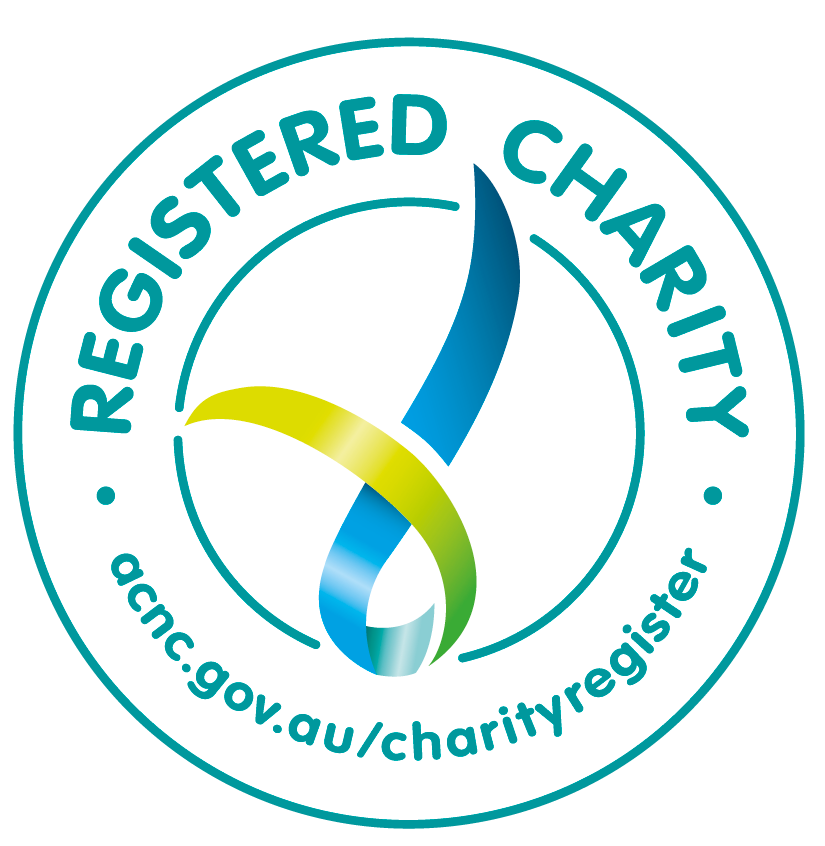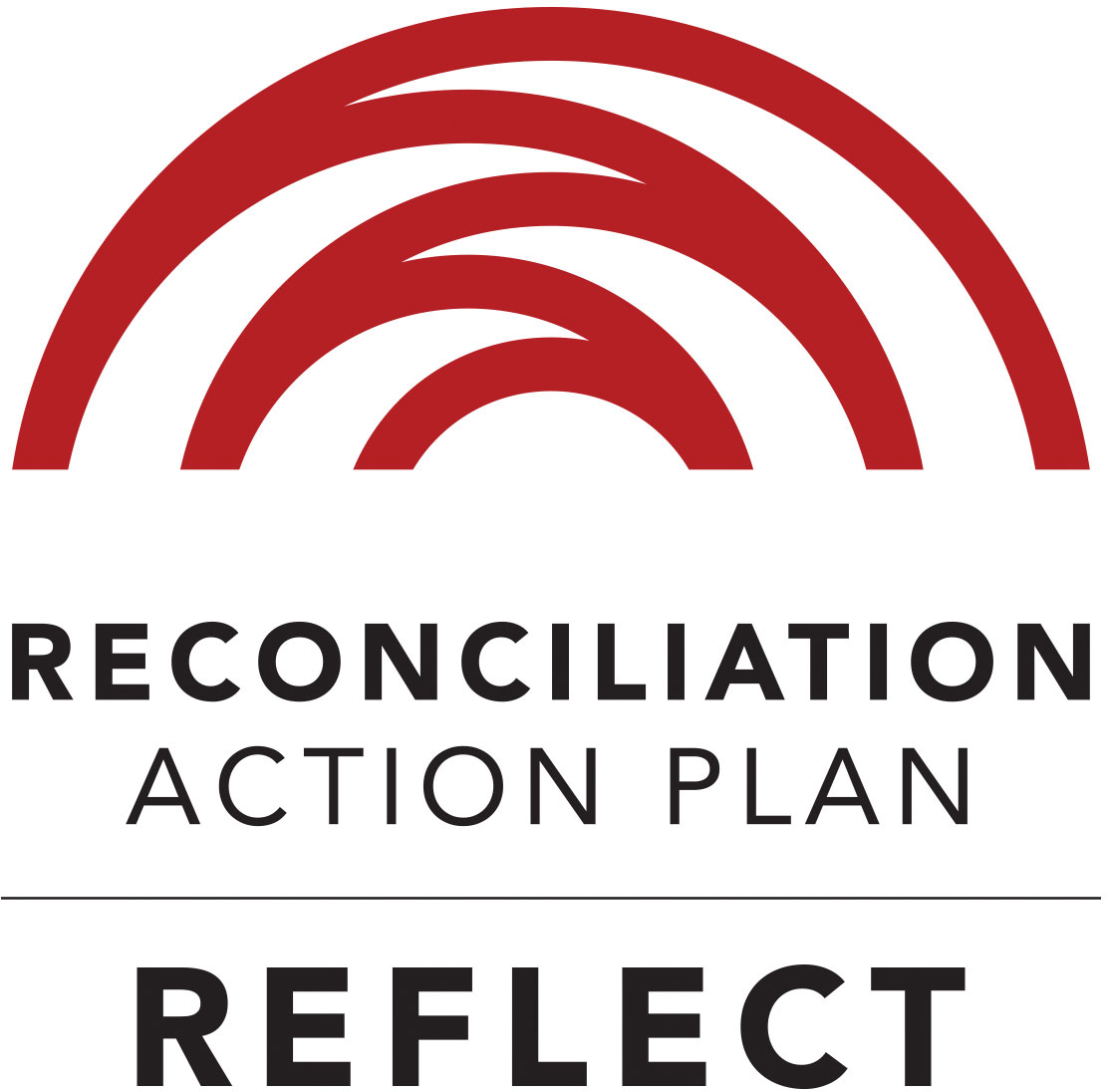More pages in this section
Championing inclusion: Addressing mental health challenges in the LGBTQAI+ community
WARNING: This article may contain content that is distressing to some readers.
May 17 marks the date in 1990 when the World Health Organization (WHO) declassified homosexuality as a mental disorder. More than three decades later, LGBTQIA+ communities still face discrimination and continue the fight for inclusion.
While International Day Against Homophobia, Biphobia, Intersexism, and Transphobia (IDAHOBIT) celebrates the progress made in LGBTQIA+ equality, there is still plenty of work to be done.
The mental health landscape
Despite significant advancements in recognising the rights of LGBTQAI+ individuals, there remains a critical need to support their mental wellbeing, as highlighted by the Australian Bureau of Statistics (ABS).
According to the ABS, members of the LGBTQAI+ community often faces higher rates of mental health challenges compared to their heterosexual counterparts. The 2020-2022 National Study of Mental Health and Wellbeing revealed that 3 in 4 (or 75 per cent) non-heterosexual Australians have experienced a "mental disorder" at some point in their lives, contrasting starkly with 41.7 per cent of heterosexual Australians.
These disparities stem from repeated exposure to discrimination, stigma, and social isolation. Such experiences can lead to feelings of loneliness and hopelessness within the LGBTQAI+ community. Additionally, the journey of coming out may be accompanied by anxiety and fear of rejection.
The role of inclusion
Creating inclusive and supportive environments is paramount to nurturing the mental wellbeing of LGBTQAI+ individuals. Inclusive spaces that recognise and respect people's identities provide a sense of belonging crucial for mental health. Organisations, educational institutions, and communities must actively work to dismantle discrimination and create safe spaces where everyone feels respected and supported.
Policies and practices promoting inclusivity, such as pronoun usage and the promotion of diversity in media, play a vital role in reducing stigma, challenging stereotypes, and fostering acceptance among LGBTQAI+ individuals.
Community support and resilience
Community support is vital in mitigating the negative impacts of discrimination and social exclusion. Building strong support networks within the LGBTQAI+ community and broader social circles provides a sense of unity and empowerment. Peer support groups, LGBTQAI+ organisations, and online forums offer spaces for individuals to share experiences and seek advice.
This IDAHOBIT, we reaffirm our commitment to promoting inclusion and supporting the mental health of the LGBTQAI+ communities across regional Queensland.
By addressing discrimination, fostering inclusive environments, and strengthening community support networks, we can create a world where everyone is included, regardless of sexual orientation or gender identity.
Our programs are tailored to address the unique needs of the communities they serve. Completing robust community engagement and research, we ensure that all voices are heard and that our services are reflective of our commitment to mental health care and improved wellbeing for all regional Queenslanders.
Looking to build inclusion and help raise awareness? Why not become a trans ally. Visit Minus18 Foundation for helpful information for turning your understanding into meaningful actions of allyship.
While some readers may find this information distressing, help is available. If you or someone you know requires support, please reach out to a medical health professional or contact any of the following services:
- Lifeline on 13 11 14
- Kids Helpline on 1800 551 800
- MensLine Australia on 1300 789 978
- Suicide Call Back Service on 1300 659 467
- Beyond Blue on 1300 224 636
- Headspace on 1800 650 890
- ReachOut at au.reachout.com
- Care Leavers Australasia Network (CLAN) on 1800 008 774
USEFUL LINKS

selectability acknowledges the Traditional Owners of the land on which we provide services and pay our respects to Elders past, present and emerging. We acknowledge those with lived experience and those who support and partner with us to improve mental wellbeing and prevent suicide across regional Queensland.

